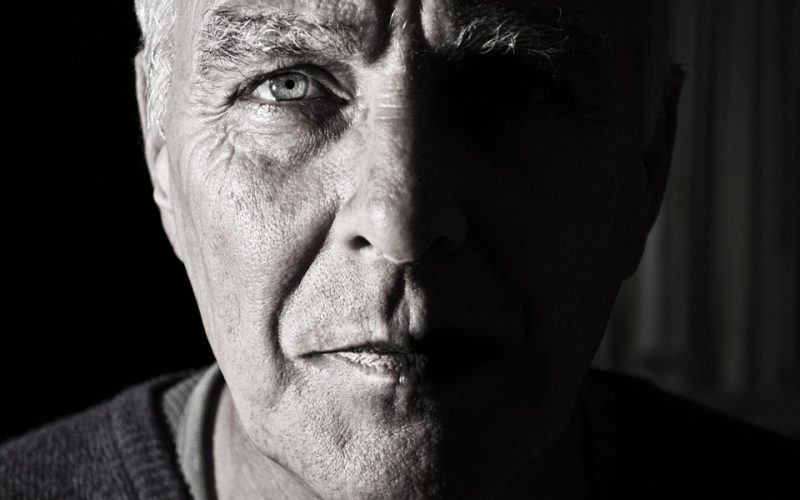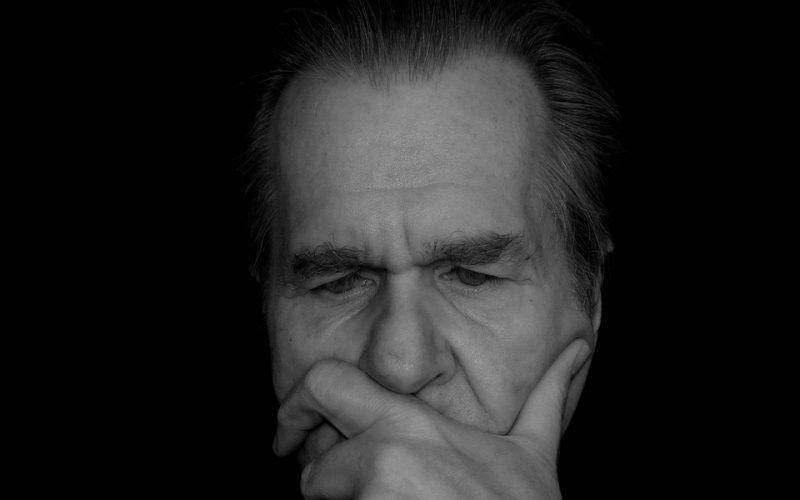Bullying, a term we are more accustomed to hearing in playgrounds and schools, is sadly not an experience confined to childhood or adolescent years. In relationships, bullying can manifest in various forms, such as emotional manipulation, verbal abuse, or even physical intimidation. It's crucial to recognise that bullying in the context of an adult relationship is, when stripped down to its core, about one individual exerting power and control over another. Identifying these signs of imbalance and intimidation is the first step towards addressing and resolving issues of bullying within a relationship.
Spotting the red flags of verbal and emotional bullying
Often, bullying begins subtly. It might be the occasional derogatory remark that's passed off as a joke, or a slight nudge to discourage certain friendships or activities. Over time these behaviours can escalate, turning into a pattern of insults, belittling comments about one's intelligence or appearance, and constant criticism. Emotional bullying includes manipulation, where one partner may use emotional blackmail, guilt trips, or shaming to bend the will of their significant other to their own desires and expectations.
The insidious nature of social and financial bullying
Bullying in a relationship can also extend to social aspects, where one partner significantly limits the others' access to friends and family, cutting off their support network. This is a tactic to isolate the partner and can be accompanied by jealousy or unfounded accusations of infidelity. Financial bullying is another control tool, where one partner takes complete control of all financial resources, leaving the other financially dependent and unable to make decisions without their consent or knowledge.
Physical bullying and the signs of intimidation
Physical bullying doesn't necessarily mean direct physical harm. It can involve gestures or actions that function as a show of dominance and threat, like punching walls, throwing objects, or any aggressive behaviour that makes one feel unsafe. These signs of physical intimidation are clear red flags and often precede or accompany physical abuse. Recognising them early is essential to seeking help and ensuring safety.
Identifying covert bullying tactics
Covert bullying is harder to spot because it's subtler and often happens without an audience. It involves actions or communications that wouldn't necessarily seem abusive to an outsider but are specifically designed to disempower and demean the partner who is being bullied. This could include passive-aggressive behaviour, backhanded compliments, or the deliberate withholding of affection or attention as punishment.
Addressing the impact of bullying on mental health
The short- and long-term effects of bullying on mental health are significant. Those on the receiving end of bullying may begin to show signs of depression, anxiety, low self-esteem, and post-traumatic stress disorder. They can also exhibit physical symptoms such as insomnia, loss of appetite, or chronic pain due to stress. Bringing awareness to these signs and acknowledging the profound impact they have on one’s mental health is imperative for recovery and healing.
Seeking support and breaking the cycle of bullying
If you or someone you know is experiencing bullying within a relationship, it’s important to seek support. This could involve talking to a trusted friend, family member, or professional who can offer advice and guidance. There are also numerous hotlines and support groups available that offer services to those in bullying and abusive relationships. Taking steps towards change, no matter how small, can help break the cycle of bullying and pave the path towards a healthier, more respectful relationship.
Recognising and confronting bullying in a relationship isn't easy, and it often requires difficult and deeply personal reflection. Nonetheless, with awareness, support, and sometimes professional intervention, it is possible to overcome the patterns of bullying and rebuild a relationship based on mutual respect and equality. Remember, every individual deserves a relationship free from fear and intimidation, where they feel valued and heard.

















